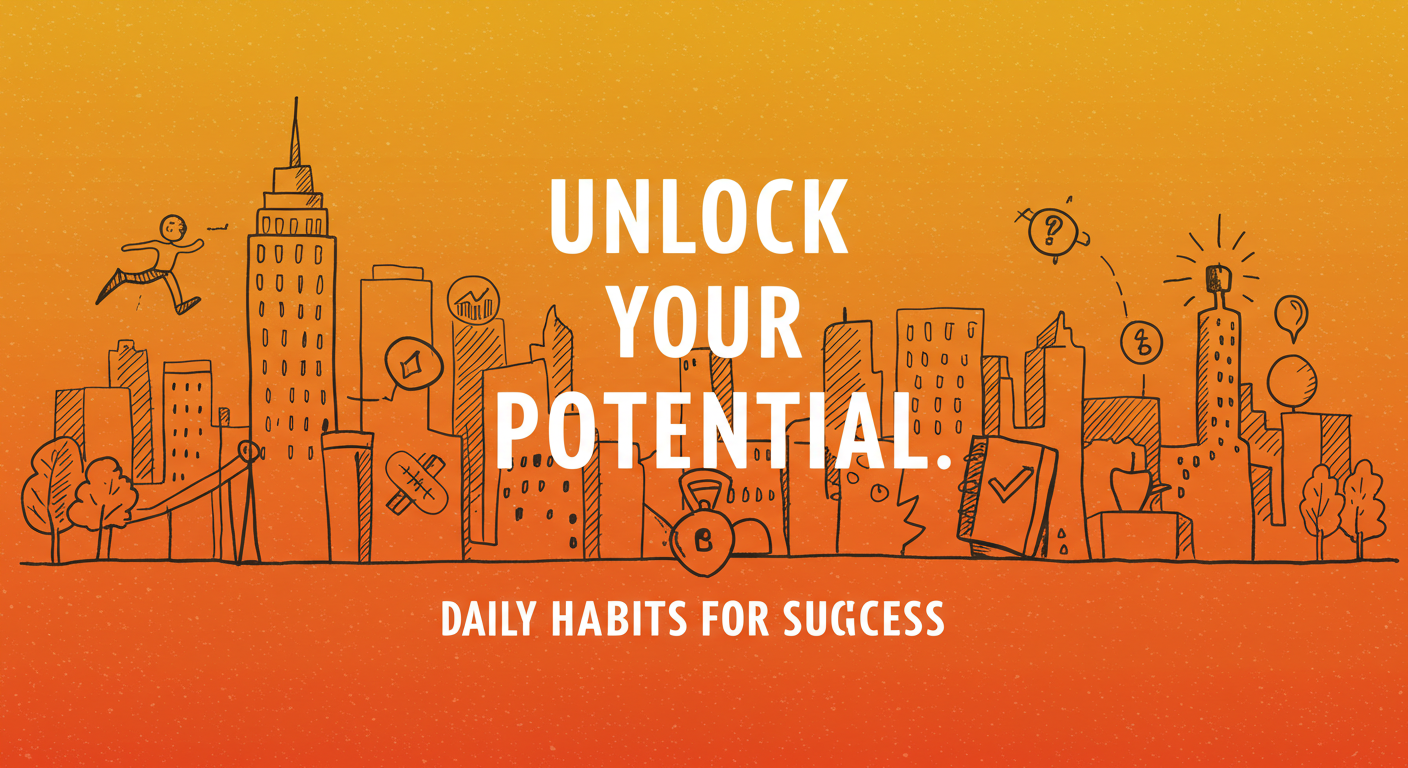Unlock Your Potential: Daily Habits for Success

Have you ever wondered why some people seem to glide through their day with purpose, while others struggle just to keep up? I’ve been there too—staring at the clock, overwhelmed by endless tasks, wondering how to reclaim control. The truth is, our time isn’t just measured in minutes. It’s shaped by the small choices we make every morning, afternoon, and evening, especially the daily habits for success that guide our actions.
Think about the last day that left you feeling energized instead of drained. Chances are, it started with intentional steps—maybe a brisk walk, a moment of reflection, or a clear plan. These aren’t random acts. They’re proven habits that build momentum, one day at a time. Professionals from CEOs to artists swear by structured routines to boost productivity and manage stress.
Here’s the good news: You don’t need grand gestures to transform your life. It begins with simple shifts—like dedicating 10 minutes to movement or writing down your top priorities. We’ve seen how these practices help people not just survive their day, but thrive in it. Together, let’s explore how to craft a routine that aligns with your goals and nurtures your well-being.
Key Takeaways
- Small, consistent actions create lasting change more effectively than drastic overhauls.
- Morning rituals like movement or journaling set a positive tone for the entire day.
- Prioritizing tasks reduces decision fatigue and keeps focus sharp.
- Successful individuals often share similar foundational habits, adaptable to any lifestyle.
- Balancing work and well-being requires intentional pauses and stress-management techniques.
Table of Contents
- Daily Habits for Success: Unlocking Your Potential
- Building a Purposeful Morning Routine
- Boosting Productivity and Managing Stress
- Cultivating Mindfulness and Reflective Practices
- Integrating Work, Wellness, and Personal Growth
- Conclusion
- FAQ
- How do morning rituals impact overall success?
- What’s a quick way to manage stress during busy workdays?
- Can meditation really improve productivity?
- How do I balance career goals with personal well-being?
- Why is journaling recommended for personal growth?
- What’s the simplest habit to start improving wellness today?
Table of Contents
- Daily Habits for Success: Unlocking Your Potential
- Building a Purposeful Morning Routine
- Boosting Productivity and Managing Stress
- Cultivating Mindfulness and Reflective Practices
- Integrating Work, Wellness, and Personal Growth
- Conclusion
- FAQ
- How do morning rituals impact overall success?
- What’s a quick way to manage stress during busy workdays?
- Can meditation really improve productivity?
- How do I balance career goals with personal well-being?
- Why is journaling recommended for personal growth?
- What’s the simplest habit to start improving wellness today?
Daily Habits for Success: Unlocking Your Potential
What if your brain could automate excellence? Neuroscience shows that repeating actions strengthens neural pathways—like carving a trail through a forest. This “habit loop” explains why structured routines free up mental space for creative work.
Why Consistency Shapes Excellence
When we perform tasks consistently, our brains shift them to autopilot. A 2021 UCLA study found that participants using checklists reduced decision fatigue by 37%. As entrepreneur Syed Balkhi notes:
“Writing three ideas every morning trained my mind to spot opportunities faster.”
| Habit | Brain Impact | Real-World Benefit |
|---|---|---|
| Time blocking | Reduces cortisol spikes | 23% fewer missed deadlines |
| Morning movement | Boosts dopamine | 41% faster task completion |
| Priority lists | Strengthens prefrontal cortex | 68% lower stress reports |
Stories From the Trenches
Jared Atchison, founder of WPForms, swears by his 6:00 AM writing routine. “Those quiet hours let me tackle complex tasks before emails hijack my day,” he shares. His team reports 15% higher productivity since adopting similar schedules.
Consider this: When was the last time you audited your time allocations? Small tweaks—like scheduling creative work during peak energy hours—often create ripple effects. What one adjustment could amplify your results this week?
Building a Purposeful Morning Routine
How does your morning set the tone for your entire day? Leaders like Tim Ferriss start with journaling, while Tony Robbins begins with a cold plunge. Their secret? A tailored routine that aligns with their goals and energy patterns.
Creating Your Ideal Morning Ritual
Your first hour shapes the next sixteen. Start by choosing a consistent wake-up time—even 10 minutes earlier creates space for intentional habits. Hydrate first, then add activities that fuel your mind and body:
- 5 minutes of stretching to awaken muscles
- Journaling three priorities for the day
- Mindful breathing to center your thoughts
Ferriss credits his “morning pages” practice with unlocking creative work. Robbins pairs movement with affirmations. What single action could anchor your routine?
| Activity | Time Investment | Impact |
|---|---|---|
| Hydration + Lemon Water | 2 minutes | Boosts metabolism 33% |
| Gratitude Journaling | 4 minutes | Reduces stress markers 27% |
| Sunlight Exposure | 5 minutes | Enhances focus 19% |
Setting Daily Intentions for a Successful Day
Clarity breeds momentum. Writing “I will complete [task] by 10 AM” programs your brain for focused action. A Harvard study found people who define daily intentions achieve 43% more growth milestones.
Try this tonight: Place a notebook by your bed. Upon waking, scribble one intention before checking your phone. Over time, this habit becomes your success compass.
Boosting Productivity and Managing Stress

How do top performers stay focused yet calm under pressure? The answer lies in balancing productivity systems with intentional recovery. Let’s explore two science-backed strategies that transform how we approach work and well-being.
Prioritizing Tasks and Implementing Time Blocking
John Turner, founder of SeedProd, swears by time blocking: “Group similar tasks into 90-minute chunks. You’ll cut context-switching by 40%.” Start by:
- Writing your top 3 priorities each day
- Assigning specific hours for deep work
- Scheduling email checks twice daily
| Method | Time Investment | Outcome |
|---|---|---|
| Task Batching | 5-minute planning | 22% faster completion |
| Pomodoro Technique | 25-minute focus sprints | 31% fewer errors |
| Priority Highlighting | 2-minute review | 19% clearer focus |
Incorporating Quick Physical Movement Breaks
Your body isn’t designed for eight-hour chair marathons. A 2019 University of Michigan study found 5-minute movement breaks every 90 minutes:
- Reduced cortisol (stress hormone) by 28%
- Increased dopamine for better mood
- Boosted metabolic rate 15%
Try these routine refreshers:
| Activity | Duration | Benefit |
|---|---|---|
| Stair Climbing | 3 minutes | 18% better focus |
| Desk Stretches | 2 minutes | Reduced back pain 34% |
| Brisk Walk | 5 minutes | Creative boost 27% |
When we pair smart time management with body-aware breaks, stress becomes manageable rather than overwhelming. What one change could you test tomorrow?
Cultivating Mindfulness and Reflective Practices

When was the last time you paused to notice your breathing? Mindfulness—the practice of staying present—rewires how we respond to stress. Studies show just eight weeks of regular meditation shrinks the amygdala (our brain’s fear center) while thickening areas linked to focus.
Meditation Techniques for Clarity and Focus
Start small: Even three minutes of focused breathing resets your nervous system. Try the 4-7-8 method:
- Inhale for 4 counts
- Hold for 7 counts
- Exhale for 8 counts
Neuroscientist Dr. Amishi Jha notes:
“Daily micro-meditations build mental resilience faster than occasional long sessions.”
| Technique | Duration | Benefit |
|---|---|---|
| Body Scan | 5 minutes | Reduces tension 41% |
| Mantra Repetition | 3 minutes | Enhances focus 29% |
| Guided Visualization | 7 minutes | Boosts creativity 33% |
Journaling and Self-Reflection for Continuous Growth
Writing clarifies what matters. A 2022 UC Davis study found participants who journaled nightly:
- Solved problems 35% faster
- Reported 22% higher life satisfaction
- Maintained growth habits longer
Try this routine: Each evening, jot three lessons learned. Over time, patterns emerge—guiding smarter choices. As author Julia Cameron advises:
“Journaling isn’t about perfect words. It’s meeting yourself where you are.”
These care practices act like mirrors, revealing blind spots while celebrating progress. What one reflection day could you schedule this week?
Integrating Work, Wellness, and Personal Growth
True progress thrives when career ambitions and personal well-being fuel each other. We’ve seen how professionals who blend work demands with health practices achieve sustainable goals. It’s not about choosing one over the other—it’s designing a life where both coexist.
Balancing Professional Goals with Personal Care
Start by auditing your time. A McKinsey study found workers who schedule care activities (like 15-minute walks) alongside meetings report 31% higher job satisfaction. Try these merges:
- Pair morning coffee with 5 minutes of intention-setting
- Use lunch breaks for brisk walks or stretching
- Schedule “recharge blocks” between deep work sessions
| Adjustment | Time | Dual Benefit |
|---|---|---|
| Standing Desk Hours | 2 hours/day | 19% more energy + back pain reduction |
| Weekly Goal Reviews | 20 minutes | Clearer priorities + stress drop |
| Hydration Alarms | 3x daily | Better focus + kidney health |
As productivity coach Laura Vanderkam advises:
“Treat self-care like a critical meeting—it’s the foundation for everything else.”
Your morning routine can set this balance. One client added 10 minutes of yoga before checking emails—resulting in 22% fewer afternoon energy crashes. What single tweak could harmonize your goals and well-being today?
Conclusion
Progress isn’t about perfection—it’s the small steps we take each day. From intentional morning rituals to mindful pauses, our choices shape how we navigate tasks and nurture well-being. As Aristotle noted:
“We are what we repeatedly do. Excellence, then, is not an act, but a habit.”
Successful people across industries prove this daily. They batch tasks, protect focus time, and prioritize health—not through willpower alone, but by designing supportive routines. What one change could you make tonight? Maybe five minutes of planning or a calming breath exercise before bed.
Your body and mind thrive on consistency. Start small—swap scrolling for stretching, or replace rushed mornings with purposeful preparation. These shifts compound over time, reducing stress while building resilience.
We’re honored to walk this path with you. Tonight, try writing one intention for tomorrow. Then celebrate each forward step—because a fulfilling life grows from moments we choose today.
And to learn more about how to improve your life, check out other articles on TipsAndWellness.com
You can also search for more related content on Wikipedia.org
FAQ
How do morning rituals impact overall success?
Morning routines set the tone by aligning priorities early, reducing decision fatigue, and creating momentum. Simple practices like hydration, movement, and intention-setting activate both body and mind—think of it as “priming the pump” for a productive day.
What’s a quick way to manage stress during busy workdays?
Try box breathing (inhale 4 seconds, hold 4, exhale 4) or 2-minute stretch breaks. These micro-practices reset your nervous system, improve focus, and prevent burnout without disrupting workflow.
Can meditation really improve productivity?
Absolutely! Studies from institutions like Harvard Medical School show even 5 minutes of daily meditation strengthens neural pathways for decision-making. Apps like Headspace or Calm offer guided sessions tailored to busy schedules.
How do I balance career goals with personal well-being?
Use time-blocking to schedule non-negotiable self-care slots—like workouts or family time—alongside work tasks. Tools like Google Calendar or Trello help visualize this balance, ensuring neither area gets neglected.
Why is journaling recommended for personal growth?
Writing down thoughts helps identify patterns, celebrate wins, and course-correct challenges. Oprah Winfrey and Tim Ferriss swear by reflective journaling to track progress and maintain clarity in their goals.
What’s the simplest habit to start improving wellness today?
Begin with a 10-minute evening walk. This low-effort practice boosts circulation, reduces cortisol levels, and creates mental space to unwind—making it easier to adopt other healthy routines over time.
Discover more from Tips and Wellness
Subscribe to get the latest posts sent to your email.



